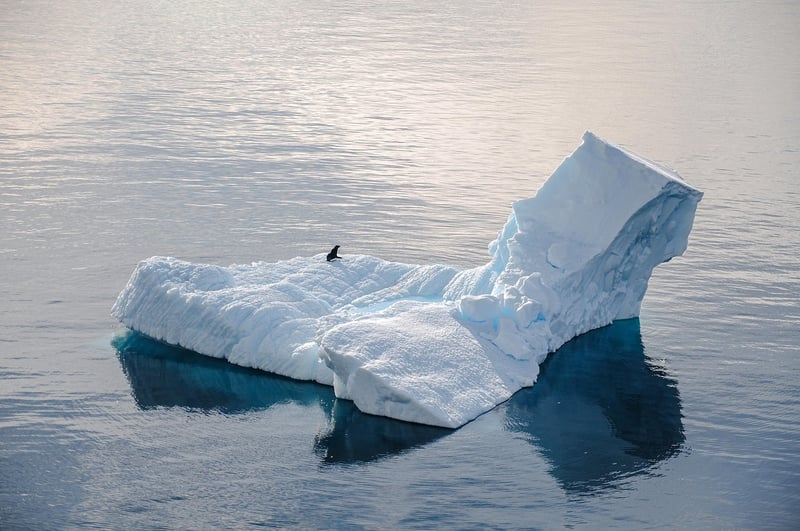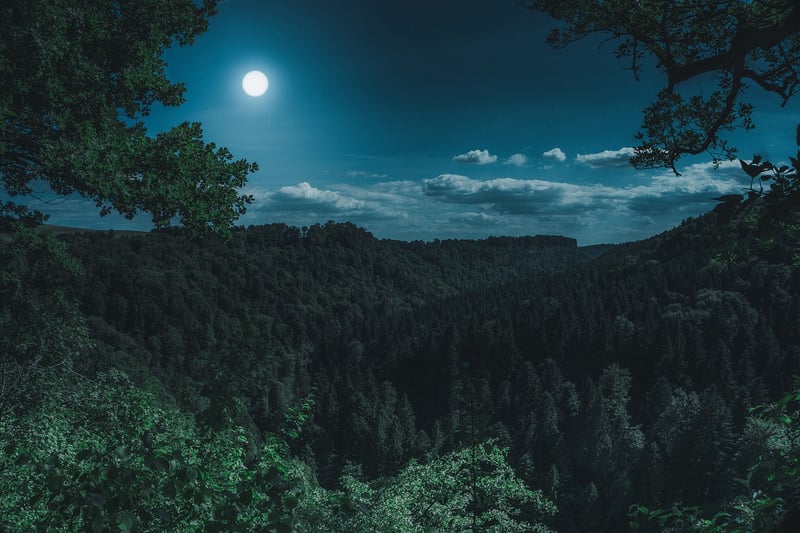Future Exploration
The Evolution of Exploration: From Past to Future
The Age of Discovery
In the 15th to 17th centuries, the Age of Discovery marked a period of extensive exploration and discovery. Explorers like Christopher Columbus, Vasco da Gama, and Ferdinand Magellan embarked on voyages to find new trade routes, leading to the discovery of new lands and cultures.

The Golden Age of Exploration
During the 18th and 19th centuries, the Golden Age of Exploration saw expeditions to the Arctic, Antarctic, and the exploration of Africa. Explorers like James Cook and David Livingstone ventured into uncharted territories, mapping new lands and contributing to scientific knowledge.

The Modern Era
In the 20th century, advancements in technology revolutionized exploration. From space exploration to deep-sea diving, humans pushed the boundaries of discovery. Iconic moments like the moon landing in 1969 showcased humankind's ability to explore beyond Earth.

Future Exploration
As we look to the future, exploration continues to evolve. With plans for Mars missions, deep-space exploration, and advancements in robotics, the next frontier of discovery is within reach. Technologies like artificial intelligence and virtual reality are shaping how we explore the unknown.

Conclusion
Exploration has been a driving force in shaping our understanding of the world. From the Age of Discovery to the future of space exploration, each era has built upon the achievements of those before. As we venture into new frontiers, the spirit of exploration continues to inspire us to push the boundaries of what is possible.
Explore, discover, and dream - for the future of exploration knows no bounds.
